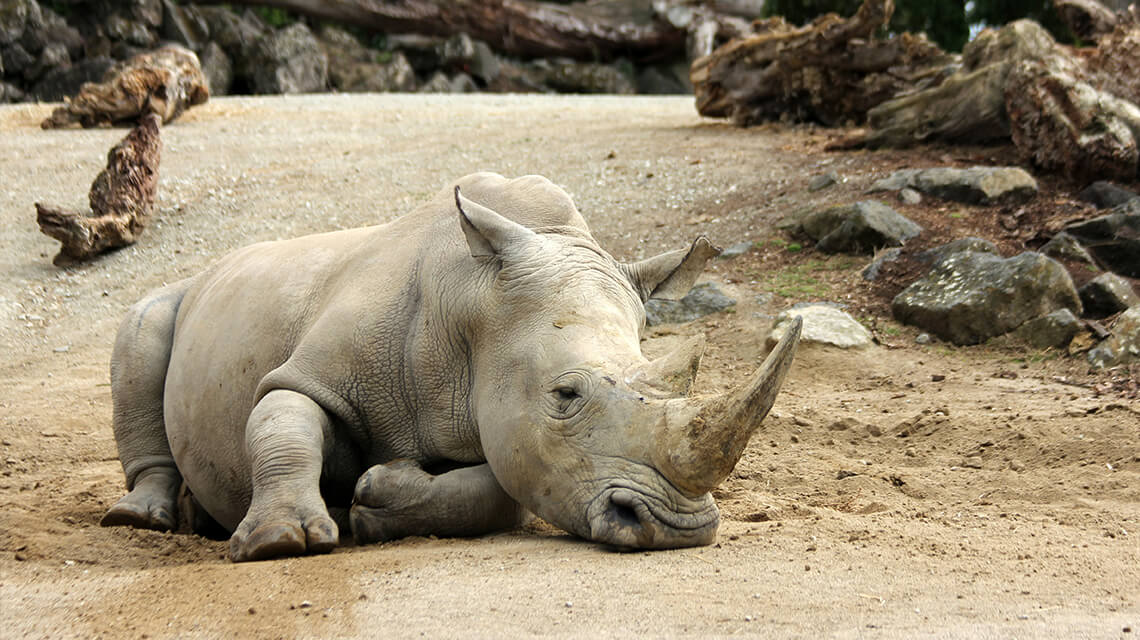- +265 992 116 425
- info@sustaina.org.mw
-
Grand Business Park, Lilongwe, Malawi

Save Wildlife From Global Warming
- $4800 Raised Of $19000
Global warming is one of the greatest threats to wildlife in the modern world. As average temperatures rise, ecosystems that animals depend on for survival are being altered or destroyed. Polar ice caps are melting at an alarming rate, putting species such as polar bears and penguins at risk of losing their homes. Similarly, rising sea levels threaten coastal habitats, while heatwaves, droughts, and wildfires have become more frequent, devastating forests, grasslands, and wetlands.
Wildlife species are struggling to adapt to these rapid changes. Migratory patterns are shifting, food sources are becoming scarce, and many animals are forced to migrate or face extinction. Coral reefs, often described as the rainforests of the ocean, are dying due to ocean warming and acidification, leaving countless marine species without shelter or food.
To save wildlife from global warming, it is crucial that we take immediate action. Reducing carbon emissions, protecting natural habitats, planting trees, and supporting conservation efforts are key steps to combating this crisis. Individuals can contribute by adopting sustainable practices, such as using renewable energy, reducing waste, and spreading awareness about the impact of climate change on wildlife. Together, we can help preserve Earth's precious biodiversity and create a better, more balanced environment for all living beings.